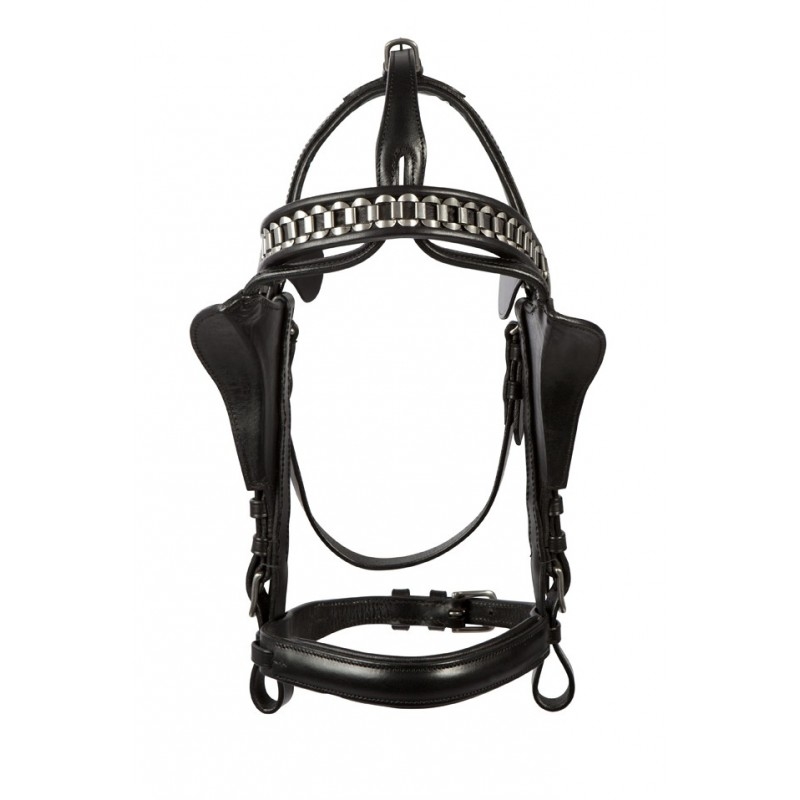We all have our blinkers in the way we act in daily with energy, water, waste, food, mobility. On how trends and style steer our preferences and behaviour. We owe these from upbringing, education, culture etc. It’s in the way I cook, do the dishes, select waste and wear my trousers; or how my living room is organised or how I experience my living environment. However, routines and habits seem important in the context of advancing sustainability as many behaviours impact (un)sustainability and will have to change to advance sustainability.
Food choices are obviously habits, which evolve over time with our preferences. Laundry is another one I would say. We implicitly learned to judge if trousers and shirts are dirty after wearing them a single day, or not. Also travel behaviours are habits. We’ve frequently recurring routines, like the daily commute, but also potentially when less frequent but still part of a familiar pattern, like a summer holiday or Christmas break. In each of these examples, I feel that my practiced behaviour is in competition with rationality. Daily routines are less rational behaviours. And from experience we all know that rational learning or incentives that run along rational lines may not be able to change my behaviours effectively.
This argument also may hold for our disciplinary background. Training made us routinize how to approach a disciplinary issue; what assumptions to make; what method to use; what result to expect etcetera. We also internalized norms for sound science and – among others – for sustainability.
For example, sustainable architecture is defined as the design of buildings using only renewable resources throughout the process of design, construction and operation and may sometimes also refer to manufacture and transportation of materials, components and construction equipment. But it does not necessarily take into account food choices, laundry selection or travel habits although they all start at home. Disciplinary confirmations select what we study and design, and what not (until you decided to join this course).
If most or even all of behaviour is habitual, we will need to understand habit if they are to influence behaviour toward sustainable lifestyles. If our scientific perspective is routine driven as well, we will need to reflect on our disciplinary engineering attitude. To increase sustainability, we have to try to get rid of our blinkers. At least partly, since we also need them for a comfortable life, in which not everything is to be (re)considered all the time.
